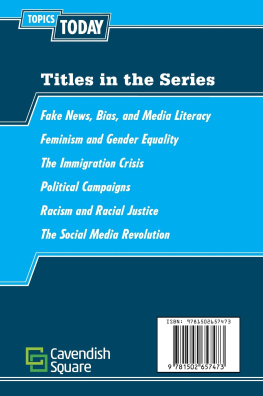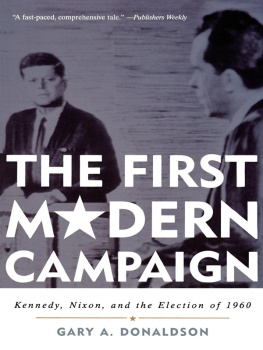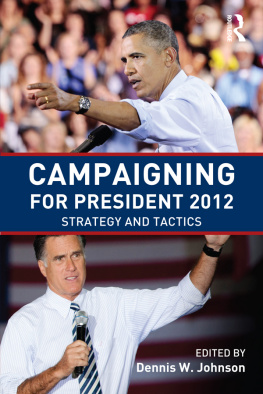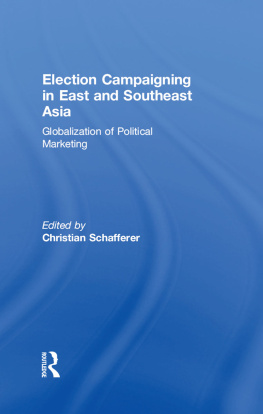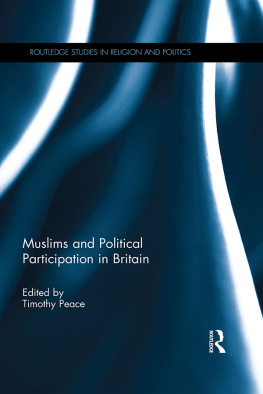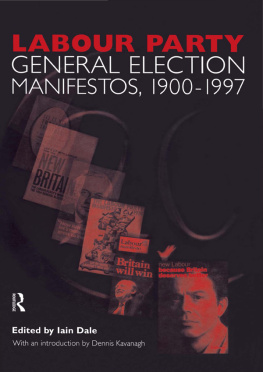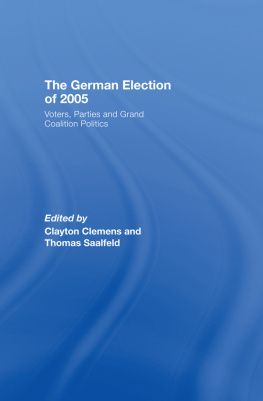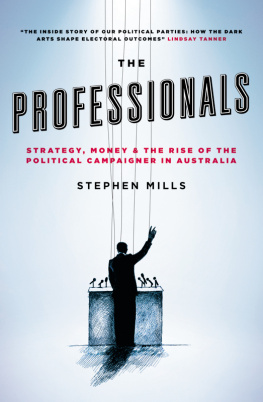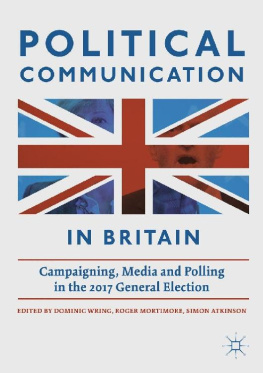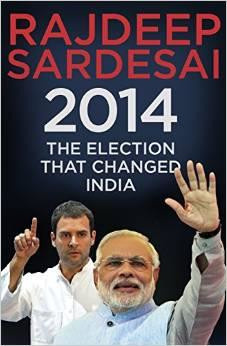This book by a young activist brings us face to face with the paradox of politics in contemporary India. Politics is the yugdharma of our times. But our political parties do not seem to be the right instruments to discharge this dharma. Through his personal experience and insights into electoral campaigns, Singh takes a young Indian through a tough but exciting journey. I hope this book will encourage young Indians to take up politics as vocationYogendra Yadav, social activist and senior fellow, Centre for the Study of Developing Societies
There has been much debate lately on whether arithmetic is key to winning elections or chemistry. We tend to miss out on a crucial third element: technology or electoral engineering. Shivam Shankar Singh is among the early practitioners of this craft, where nothing is barred, from booth management to mass media dirty tricks. This book is a brave insight, and an essential reading for those following elections in IndiaShekhar Gupta, senior journalist
Dedicated to you, the voters. Youre more important to a democracy than most politicians will ever be.
Introduction
S tanding outside the gates of a closed bus depot in the middle of the night, I reflected on the life choices that had brought me to that point. I was at the Bassi Pathana assembly constituency in Fatehgarh Sahib district in Punjab, waiting for a consignment of posters to arrive from Chandigarh. Around me stood a ragtag team of labourers I had assembled to paste posters around the constituency. This had to be done at night because pasting posters over walls owned by other people was illegal. I wasnt worried about the police, though. They had received phone calls from local politicians asking them to not interfere with the operation. However, I was concerned about the increasingly impatient labourers, who had been waiting for over two hours now. The only option left was to buy the labourers their nightly fix, hoping theyd be inebriated enough to stay, but not drunk enough to not be able to do the job once the posters arrived.
People who go to the United States to study usually hope to stay on and work at one of the giants there such as Google, Facebook, Microsoft, or at a leading consultancy firm like KPMG, BCG or McKinsey. Most people dream of earning well, some think theyll eventually come back to India to live a comfortable life, or even to transform society, once theyve accumulated enough wealth in the US. However, the trappings of life in the US are such that most people never come back to India.
After completing my bachelor of science in economics from University of Michigan, Ann Arbor, I too might have embarked on a similar trajectory but for the fact that I had been accepted as a Legislative Assistant to Member of Parliament (LAMP). It was an eleven-month-long fellowship that placed a university graduate with a member of Parliament to do research work on legislative and policy matters in India. I had always been interested in politics, but had never considered it to be a realistic career option. As far as I knew then, most parties didnt pay their workers. Also, it was unlikely for a worker to rise through the ranks without spending at least a decade or more working at the grassroots. With the LAMP fellowship, I had the opportunity to work with an MP on policy matters that would be taken up in the nations Parliament. This would put me in a position that would take most people engaged in politics years to get to. It was an opportunity that I couldnt miss.
That one decision directly resulted in me standing on a street in rural Punjab, working out the logistics of getting an entire assembly constituency covered overnight with 5000 posters. The LAMP fellowship is an excellent platform to learn how the nations policies are formed and the work that members of Parliament do. Once I had done it, I realized that I needed to understand politics from the ground up. I wanted to know how people got to Parliament in the first place.
After the fellowship ended in May 2016, I joined the Indian Political Action Committee (IPAC), a company run by famed political strategist Prashant Kishor. Kishor, or PK as he was called within the company, had worked on Narendra Modis campaign for prime ministership in 2014 and Nitish Kumars re-election campaign for the chief ministers post in Bihar in 2015. He had successfully led these campaigns to victory and I wanted to learn how he had done it.
That is how I landed up on that street in Punjab.
After handling two successful election campaigns, Kishor was much in demand across the political spectrum. Hed chosen to take on the Congress campaign for the 2017 assembly elections in Uttar Pradesh and Punjab. I asked to be posted at UP, but soon found out that there was no campaign there. The party had not decided on a chief ministerial face and Kishors methodology relied entirely on marketing a face to the voters. The teams in UP were mostly sitting idle in their office in Lucknow, which made the Punjab campaign sound substantially more interesting. I booked my tickets to Chandigarh and joined the IPAC team running the campaign for Captain Amarinder Singhs bid for chief ministership.
Through this entire journey, what I really wanted to do was to develop an understanding of Indian politics. I had an almost obsessive desire to learn about the Indian political landscape and the people who populate it. After realizing the limitations of working with a private company involved in political consultancy, I decided to resign and work directly with a political party. I had been in touch with Rajat Sethi, the Harvard graduate who had managed the 2016 Assam campaign for the Bharatiya Janata Party (BJP). Soon after quitting IPAC, Sethi asked me to manage the BJPs campaign for Manipur state elections. I moved to Imphal in October 2016, and was to be on the ground until the election concluded in March 2017. At IPAC, I had been one among a hundred people running the campaign. In Manipur, I was to lead the team with Sethi, working under the guidance of BJPs national general secretary, Ram Madhav.


